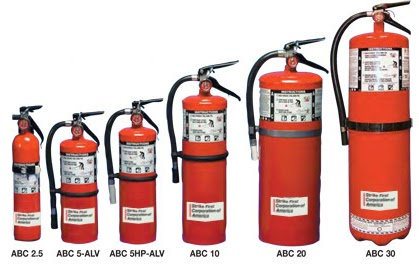Hello, responsible homeowners! In today’s uncertain world, ensuring the safety of your family and property is paramount. While we hope for the best, it’s essential to be prepared for the worst, including the possibility of a nuclear emergency. In this guide, we’ll walk you through practical steps to protect your home and loved ones during such a crisis.
Stay Informed
Start by staying informed about current events, international tensions, and potential nuclear threats. Keep up with reliable news sources and stay aware of your government’s emergency plans and notifications.
Prepare an Emergency Kit
Begin your preparations by assembling a well-rounded emergency kit. This should include non-perishable food items, a water purification system, a basic first-aid kit, flashlights with extra batteries, and a battery-operated radio. Ensure you have enough supplies to sustain your family for at least two weeks.
Secure Shelter
In the unfortunate event of a nuclear incident, having a safe shelter is crucial. If you have a basement or a central room in your home, consider it your primary shelter. If you don’t, identify the sturdiest area in your home where you can take cover and minimize exposure to external elements.
Protect Against Radiation
Radiation is a significant concern during a nuclear event. Shield your home against radiation by fortifying your shelter with materials such as concrete, bricks, and earth. Cover windows with thick materials to reduce the risk of fallout exposure.
Stock Up on Essentials
Maintain a stock of essential supplies, including non-perishable food and clean water. Opt for high-calorie foods to keep your family energized, and ration water wisely to ensure it lasts.
Communication Is Key
Establish a communication plan with your family and neighbors. Determine a designated meeting point and set up a reliable means of staying in touch, especially if cell networks are disrupted. Two-way radios can be invaluable for this purpose.
Follow Official Guidance
During a nuclear emergency, it’s essential to follow the guidance provided by local authorities and emergency broadcasts. They will provide instructions on when it’s safe to leave your shelter and where to find medical assistance and supplies.
Basic First Aid Skills
Equip yourself with basic first-aid knowledge to address minor injuries and illnesses. Your ability to provide medical care can be a lifesaver until professional help becomes available.
Maintain Resilience
Surviving a nuclear emergency requires mental resilience. Stay calm, support each other, and focus on maintaining a positive outlook. Engage in activities to pass the time and reduce stress.
Plan for the Long Term
Consider the possibility of extended fallout and its consequences. Plan for sustainable living by exploring ways to grow your own food, purify water, and become more self-sufficient.
Recovery and Rebuilding
Once the immediate threat has passed, shift your focus to recovery and rebuilding. Communities that come together can overcome challenges and build a brighter future.
As responsible homeowners, it’s our duty to ensure the safety and well-being of our families. While the prospect of a nuclear emergency is unsettling, preparedness can make a significant difference. Stay informed, stay prepared, and remember that a resilient community can overcome even the most challenging circumstances. Your commitment to home safety is an investment in a more secure future.




